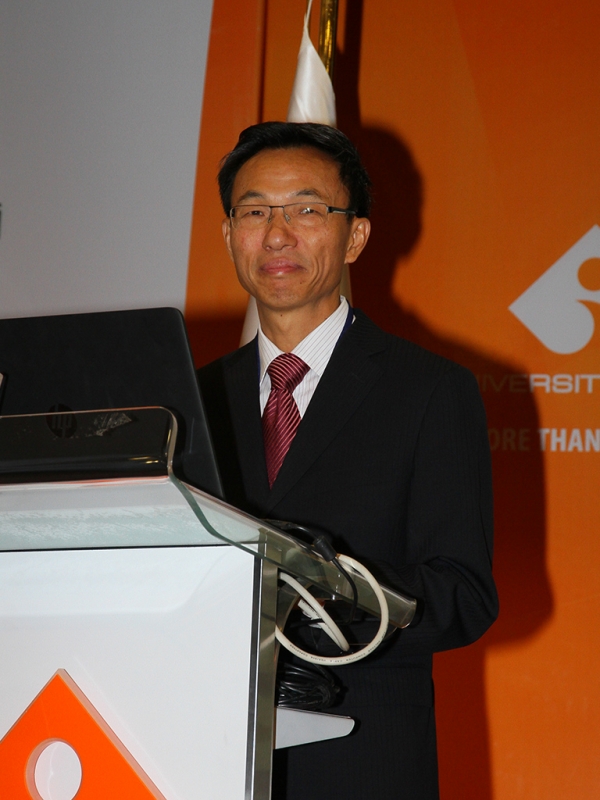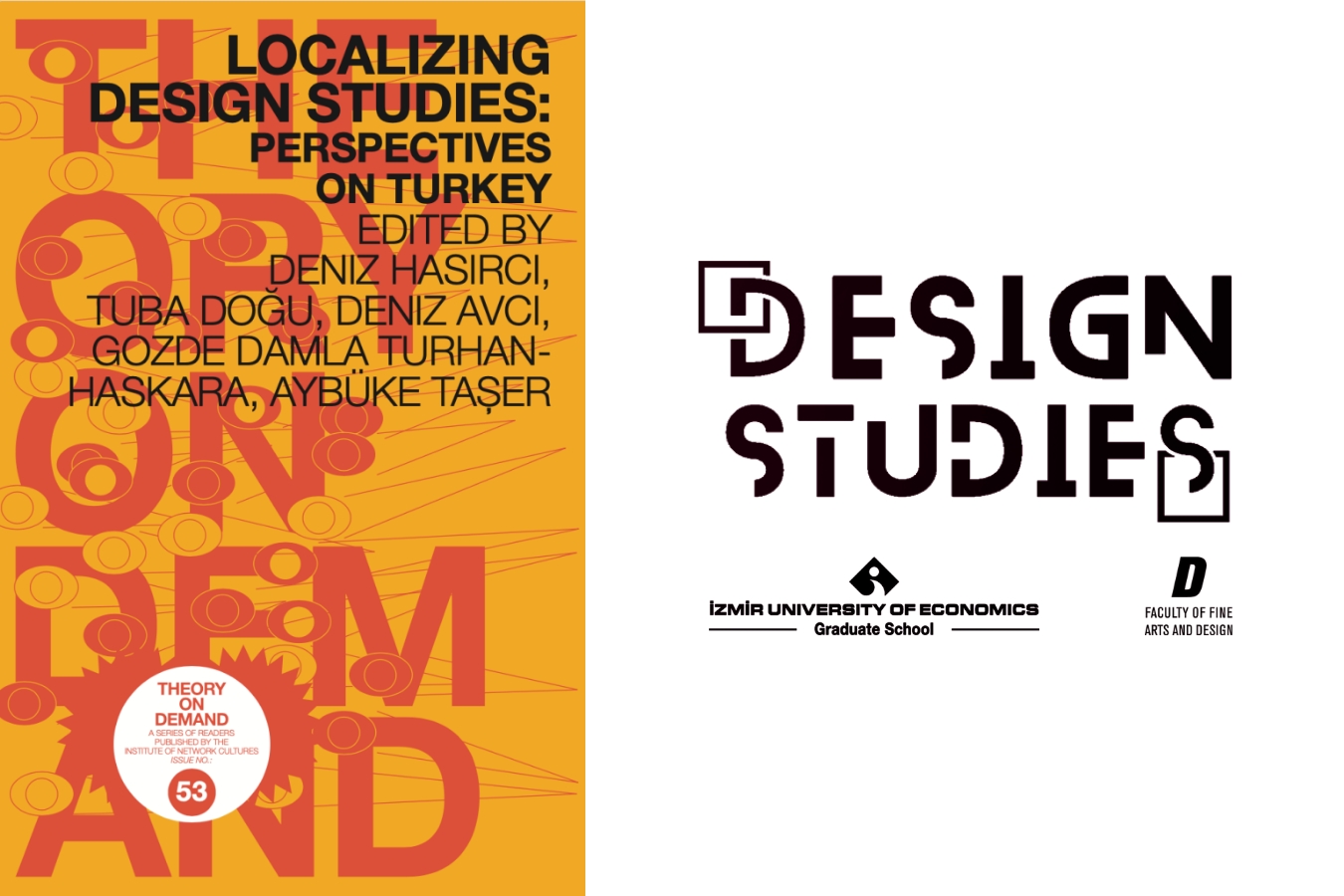ENERGY; FOCAL POINT OF TURKS AND CHINESE

ENERGY; FOCAL POINT OF TURKS AND CHINESE
Yu Hongyang, Ambassador of the People's Republic of China to Ankara, who was a keynote speaker at the 5th Energy Management and Policies Workshop organized by Izmir University of Economics (IUE), Department of Sustainable Energy, said that energy was the focal point of Turkish-Chinese relations. Hongyang reported that China’s foreign dependency on oil reached to 60.0% in 2015, and therefore they would establish a new approach about energy security, and they tended towards renewable energy.
“Contemporary Issues in Turkish Energy Security: Diversification Strategy and Utilization of Indigenous Energy Resources” titled workshop took place at Izmir University of Economics Conference Hall. The other participants of the workshop were as follows: IUE Rector Prof. Dr. Can Muğan, İbrahim Akbal, Chairman of TOBB Natural Gas Assembly, Prof. Dr. Lütfi Akça, Senior Adviser to Prime Minister, Aziz Camcı, Corporate Affairs Director of EGEGAZ, Dr. Sırrı Uyanık, CEO of ISKEN, Murat Akkaya, Head of Security of Supply Department of ETKB, Mehmet Salim Arslanalp, General Manager of Polat Electricity, Cem Atılgan, CEO of ESKO Energy, Dr.Refik Tiryaki, Head of Wind & Solar Energy Group of EMRA, Ufuk Yaman, General Manager of uSens Energy Solutions, and Bilgihan Yaşacan, Technical Sales Manager of Siemens Turkey.
‘Turkey is a significant partner’
Keynote speaker Hongyang pointed that there were major partnerships in Turkey in regard to coal, hydroelectricity, natural gas, and renewable energies. He said, “Turkey is experiencing a transformation process in energy. Energy became the focal point of Turkish-Chinese relations. China has made deals with Turkey on energy. There is a $22 million coal plant project and $400 million hydroelectricity project. The natural gas project under the Salt Lake (Tuz Gölü) still continues. Turkey’s largest photovoltaic project in renewable energies is being implemented in Ankara.”
‘China turns towards the ocean’
Hongyang stated that China planned to move its energy policies to a new and modern ground, and that it would focus on use of wind and solar, biomass and ocean energy. Hongyan reported that China alone was responsible for 23% of the world’s energy consumption, and their foreign dependency in this area reached 60%. He said that China would become the country which would import energy the most in 2035, and therefore they heavily focused on maintaining security of supply policy.”
‘Turkey is 80% foreign dependent’
İbrahim Akbal, Chairman of TOBB Natural Gas Assembly, stated that 40% of the energy consumed worldwide was from coal. Akbal, who pointed that the entire world was foreign-dependent when it came to energy, said, “Turkey is 80% foreign dependent on energy. Europe is also foreign-dependent. Natural gas takes up a major part in world trade balance. We will decrease the participation of natural gas in electricity production in 2023. We generated 38% of it from natural gas a year ago. It was over 40% in 2014. There is an effort to pull it down to 20% in 2023.
‘We need to be smarter when it comes to energy consumption’
Murat Akkaya, Head of Security of Supply Department of Ministry of Energy and Natural Resources, said, “When we look at the electricity consumption, we need to make an energy investment that will allow 5% of growth of economy every year. We need to plan accordingly. We need to be smarter when it comes to energy consumption.”
‘Behind in technology’
Sırrı Uyanık, CEO of ISKEN and Member of the Association of Electricity Producers, indicated that coal was not being used widely in Turkey, that it was being used 41% worldwide and only 28% in Turkey. Uyanık said, “We rank in 7th place in worldwide lignite ranking. We failed to use our lignite resources efficiently. There are legal issues in addition to lack of modern facilities. There are issues regarding public relations management. New technologies allow coal power plants to be established even in the cities. 70% of a coal power plant is investment to environmental security. When there is enough funds and technology, you can use coal in the cities neatly. We fell behind the technology. Coal had a bad image due to issues experienced in production facilities.
NEWSALL NEWS

DSS2025 Newspapers
The DSS 2025 | Design Studies Symposium 2025 with the theme of “Failing (Well) in Design Writing” has been shared ...

DSS2025 Book Failing well in Design Writing
Dear All, We are delighted to share news on the publication of the DSS2025 Book by IUE Press with an e-ISBN ...

DSS2025 PROGRAM
The DSS2025 Theme focuses on alleged “failures” in design research, design writing and publishing, and seeing mishaps as opportunities for ...

DESIGN STUDIES SPRING 2024-2025 PROGRAM
DESIGN STUDIES SPRING 2024-2025 PROGRAM You may select from the pool of courses, with priority given to 5XX courses for Master's and 6XX courses ...

Book is out: "Localizing Design Studies: Perspectives on Turkey"
"Localizing Design Studies: Perspectives on Turkey" (Deniz Hasirci, Tuba Doğu, Deniz Avci, Gozde Damla Turhan-Haskara, Aybüke Taşer (eds.)) has just ...

IZMIR UNIVERSITY OF ECONOMICS GÜZELBAHÇE CAMPUS
DetailsGLOBAL CAREER
As Izmir University of Economics transforms into a world-class university, it also raises successful young people with global competence.
More..CONTRIBUTION TO SCIENCE
Izmir University of Economics produces qualified knowledge and competent technologies.
More..VALUING PEOPLE
Izmir University of Economics sees producing social benefit as its reason for existence.
More..






